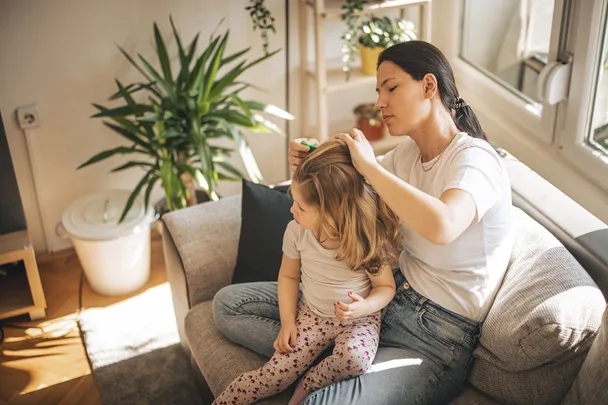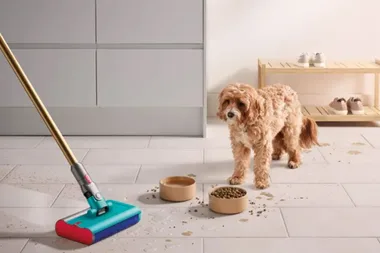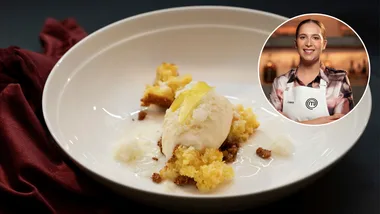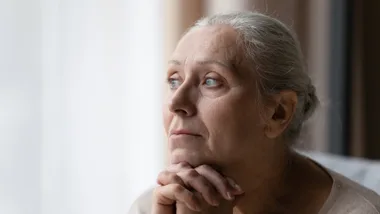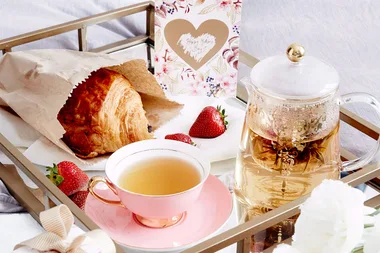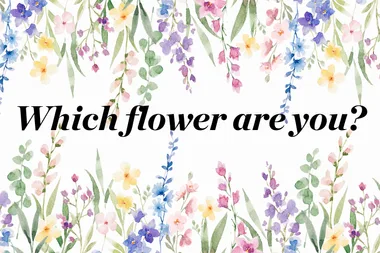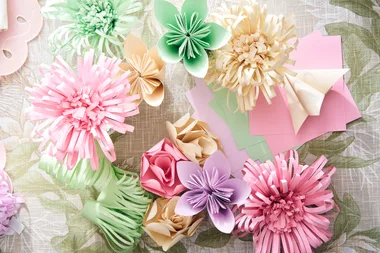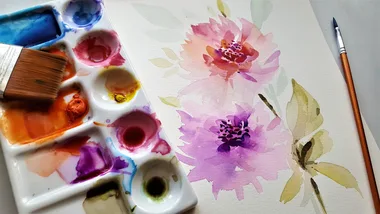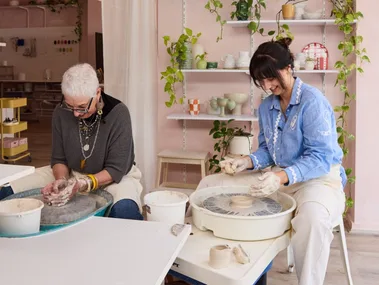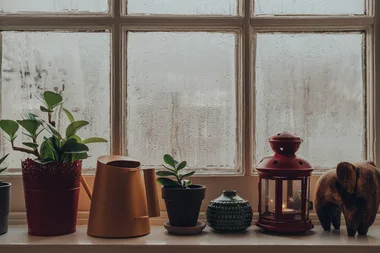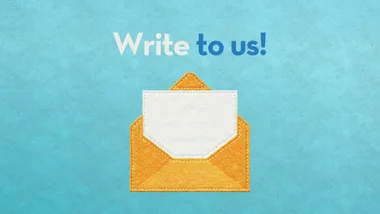Head lice, tiny insects that thrive in humid weather, are rising as schools resume this week, leaving many parents wondering what the best head lice treatment is.
Despite being annoying, these critters don’t fly or jump and can only be transmitted through close contact or sharing of hats etc. While they don’t carry diseases, reports of infestations in schools and daycares are high.
How to remove lice from hair permanently
To remove lice permanently, the recommended method is a weekly conditioner and comb treatment:
You will need:
- A nit comb. These are available at chemists. A round-tipped metal comb works best.
- Cheap white conditioner.
- A roll of paper towels or tissue.
- A plastic bag.
Here’s how:
- Apply hair conditioner to dry brushed hair to hinder lice movement.
- Meticulously comb hair sections with a fine-toothed lice comb.
- Wipe the conditioner from the comb onto a tissue for examination.
- Repeat combing for each head section at least 4 or 5 times.
- Initiate appropriate treatment if lice or eggs are found.
Additionally, washing pillowcases in hot water is advised. If left untreated, head lice can lead to discomfort, scalp infections, and potential hair loss.
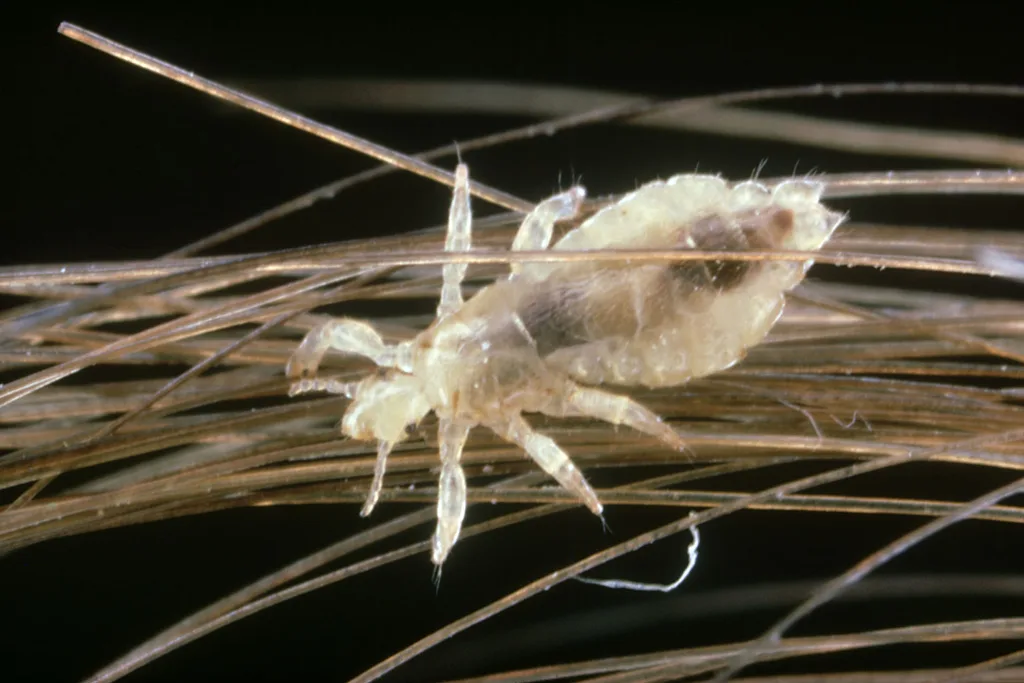
What do nits look like?
Nits, or lice eggs, have an oval shape and are the size of a pinhead. Securely attached to hair strands, they resist brushing and emit a distinctive ‘pop’ sound when crushed between fingernails.
Adult lice, small wingless insects with whitish-brown to reddish-brown colouring and six legs ending in claws, complete their life cycle in about 35 days.
Headlice lifecycle
From an egg until its death, the complete life cycle of a louse lasts for a maximum of 35 days
The life cycle of a louse occurs in three stages:
- egg
- nymph
- adult
After about ten days, the lice are considered adults and will begin to mate. The female will lay 3-8 eggs daily for 16 days and then die. And the life cycle continues.
What about head lice shampoo?
Insecticide shampoos and lotions are effective in killing headlice. When purchasing headline treatment, look for The Australian Registered (AUST R) or Australian Listed (AUST L) number on the outer packaging to ensure it’s accepted by the Australian Therapeutic Goods Administration for supply in Australia.
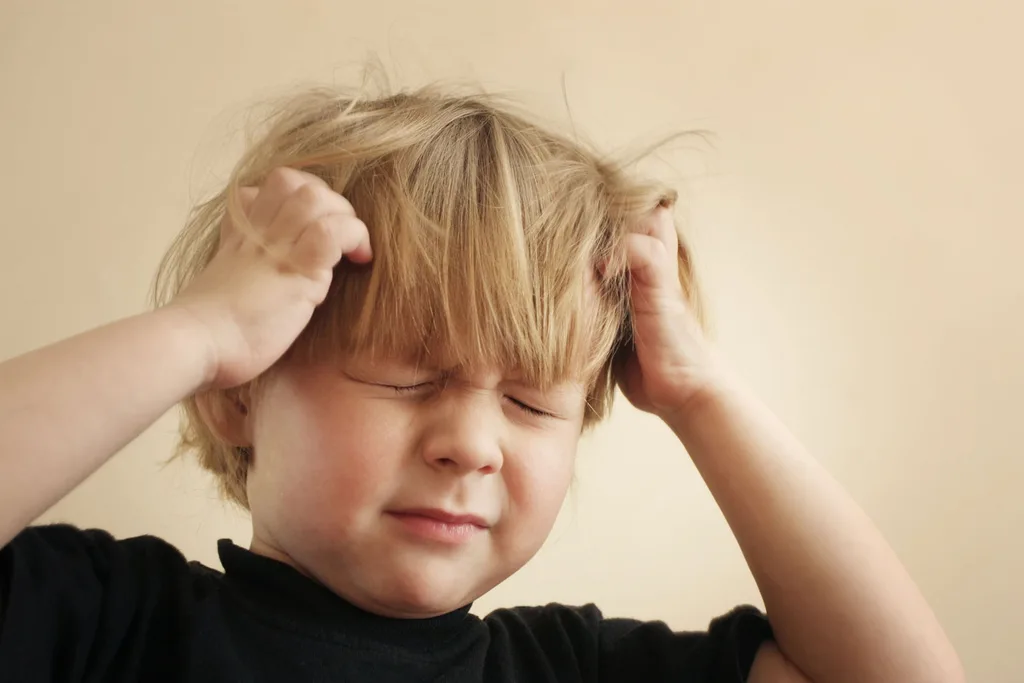
How do you prevent lice naturally?
While no commercial treatment is available to prevent head lice, there’s lots of information touting natural remedies using essential oils that could help prevent head lice. If you go down the essential oil route, be wary of potential reactions in children and proper dilution with carrier oils like coconut or olive oil and water.
Oils that have shown effectiveness are:
- tea tree oil
- lavender oil
- neem oil
- clove oil
- eucalyptus oil
- aniseed oil
- cinnamon leaf oil
- red thyme oil
- peppermint oil
- nutmeg oil
